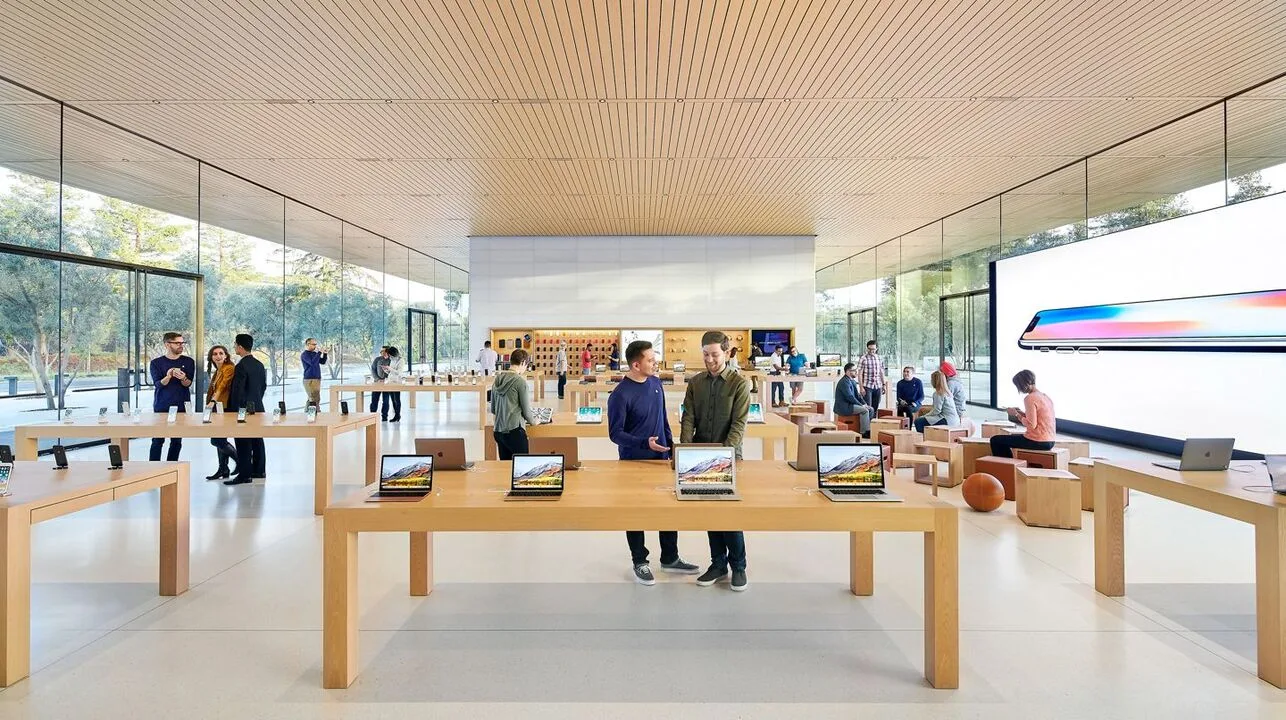
Apple is making a bold move into gaming with its upcoming dedicated gaming app, set to launch across iPhone, iPad, Mac, and Apple TV later this year. This new app will replace Game Center, centralizing game discovery, achievements, leaderboards, and player communication while promoting Apple Arcade. But how does this compare to past and present cloud gaming services like Google Stadia, Xbox Game Pass Cloud, Amazon Luna, and Blacknut? Let’s break it down.
Apple’s Gaming App: What We Know So Far
According to Bloomberg, Apple’s new gaming hub will be preinstalled on all compatible devices and will integrate with the App Store’s existing game catalog. The app aims to boost engagement, spotlight premium titles, and potentially increase Apple’s revenue from gaming, which already accounts for a significant portion of its App Store earnings. Apple has even acquired RAC7 Games, the studio behind Sneaky Sasquatch, signaling a stronger commitment to exclusive content.
Comparing Apple’s Gaming App to Cloud Gaming Services
Apple’s approach differs significantly from cloud gaming platforms like Google Stadia, Xbox Game Pass Cloud, Amazon Luna, and Blacknut. Here’s how:
1. Google Stadia: The Failed Experiment
Google Stadia was an ambitious attempt to revolutionize gaming by offering cloud-based streaming without the need for powerful hardware. However, it struggled due to:
- High latency issues affecting gameplay.
- Limited game library compared to traditional consoles.
- Lack of developer support, leading to its shutdown in 2023.
Apple’s gaming app, in contrast, is not a cloud gaming service but rather a centralized hub for games already installed on Apple devices. This means no streaming, but a more curated experience.
2. Xbox Game Pass Cloud: The Gold Standard
Microsoft’s Xbox Game Pass Cloud allows users to stream AAA games on various devices, including smartphones, tablets, and PCs. It thrives due to:
- A massive game library featuring top-tier titles.
- Cross-platform accessibility, making gaming seamless.
- Strong developer partnerships, ensuring continuous content updates.
Apple’s gaming app lacks cloud streaming, meaning users must download games rather than stream them instantly. However, Apple’s tight ecosystem could make game discovery and engagement more seamless.
3. Amazon Luna: A Niche Competitor
Amazon Luna offers cloud gaming with a subscription-based model, focusing on channel-based access to different game libraries. While it has some advantages, it faces:
- Limited game selection compared to Xbox Game Pass.
- Dependence on Amazon’s ecosystem, restricting flexibility.
Apple’s gaming app could outperform Luna by leveraging its existing App Store infrastructure and Apple Arcade’s curated selection.
4. Blacknut: The Underdog
Blacknut is a lesser-known cloud gaming service targeting casual gamers with a family-friendly subscription model. While it offers affordable access, it lacks:
- AAA titles, making it less appealing to hardcore gamers.
- Strong brand recognition, limiting its reach.
Apple’s gaming app, with its exclusive content and premium titles, could attract a broader audience than Blacknut.
The Irony: Apple’s History of Blocking Competitors
Apple’s move into gaming comes with a layer of irony, considering its past treatment of Google and Microsoft in the gaming space. Apple has historically restricted cloud gaming services on iOS, making it difficult for competitors to thrive.
- Microsoft’s Struggles with xCloud: Apple blocked Microsoft’s xCloud gaming service from launching on the App Store, forcing Microsoft to offer it via a web browser instead. Apple’s strict App Store policies prevented Microsoft from providing a seamless experience for Xbox Game Pass users.
- Google Stadia’s Limited Presence: Google Stadia also faced challenges on iOS, as Apple’s policies made it difficult for cloud gaming apps to operate freely. Stadia had to rely on a web-based workaround, similar to Microsoft’s xCloud.
- Microsoft’s Mobile Store Blocked: Microsoft had plans to launch an Xbox mobile store, but Apple stymied its efforts by enforcing restrictive policies that made it economically unfeasible.
Now, Apple is launching its own gaming app, seemingly embracing the very industry it once hindered. This move raises questions about Apple’s control over gaming distribution and whether regulators will scrutinize its monopoly-like behavior.
Final Thoughts: Apple’s Strengths and Weaknesses
Apple’s new gaming app is not a direct competitor to cloud gaming services but rather an enhanced gaming hub for its ecosystem. While it lacks cloud streaming, it benefits from: Seamless integration with Apple devices, Exclusive content through acquisitions like RAC7 Games and curated experience that could boost engagement.
However, it faces challenges:
❌ No cloud gaming, limiting instant access to games.
❌ Apple’s gaming reputation, which still lags behind Microsoft and Sony
❌ Regulatory scrutiny, as Apple’s control over gaming distribution could spark antitrust concerns.
Will Apple’s gaming app redefine gaming on its devices, or will it be another Game Center 2.0? Only time will tell. But one thing is clear—Apple is serious about gaming, and this move could be a game-changer for casual and mobile gamers alike.

